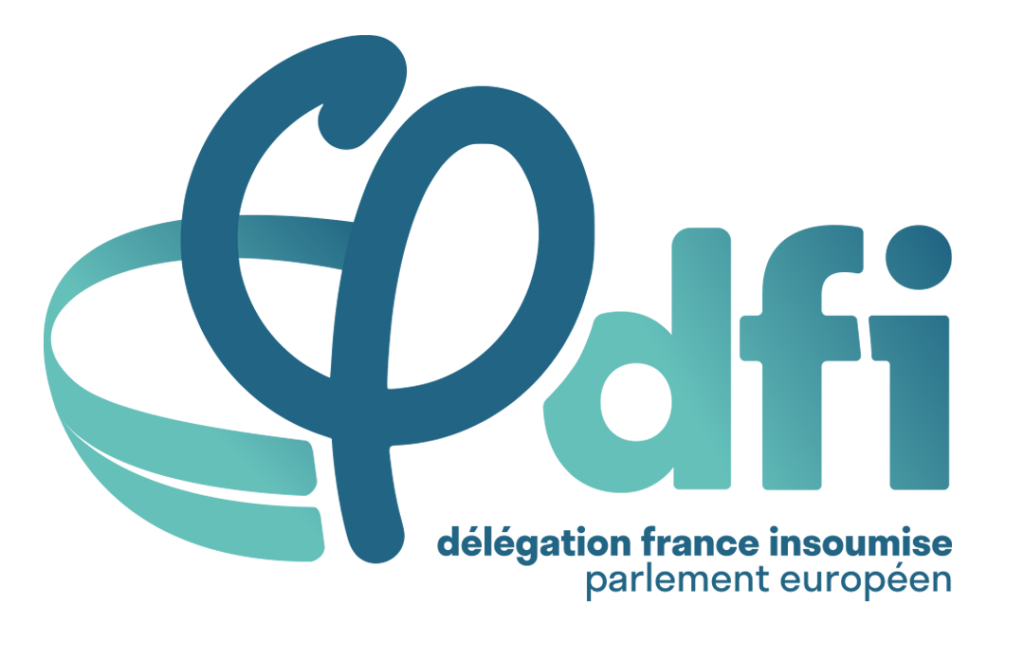
In what may be seen by some as a (bad) sign, the European Parliament’s rapporteurs have raised for the first time the possibility of a second reading for reaching agreement with the Council of Ministers on the Structural Funds 2014-2020. At issue, they say, is the Council’s attitude of digging in its heels and showing little inclination to work out a compromise. “It would take a very long time,” admitted Constanze Krehl (S&D, Germany), in the Committee on Regional Development (REGI) on 19 March, but if the Council’s attitude does not change, “we will have no choice”.
“I am not convinced that the states understand that,” she added. “Maybe they think that sooner or later Parliament will accept [their position]. But it won’t!”
Krehl has certainly been more optimistic about the negotiations. Just a few weeks ago, she and fellow MEP Lambert Van Nistelrooij (EPP, Netherlands), co-rapporteurs on the Structural Funds, said they were convinced that there would be an agreement with the Council during this half-year. That is the Irish Presidency’s stated goal.
In REGI, Van Nistelrooij reiterated that the rapporteurs share that goal and that “not launching the programmes in a timely manner would be the worst scenario”. But Krehl insisted: “Everyone has to understand that Parliament is not here to cover decisions adopted by the European Council”. “We have been put before a fait accompli in the three-way talks,” added Younous Omarjee (France), shadow rapporteur for the GUE-NGL group.
The problem is that the situation may well become even more complicated because, according to the rapporteurs themselves, the three-way talks have not yet addressed the most important points of disagreement (macro-conditionality, concentration of funds, performance reserve, etc). They therefore call for “picking up the pace”. Commissioner Johannes Hahn (regional policy), who attended the REGI meeting, is still optimistic. He said he hoped a political agreement could be worked out by summer.
“SERIOUS RISK”
The commissioner is not reassured, however. He is still concerned in particular about three points. First, there is the states’ determination to prolong in certain cases the ‘N+3’ rule (instead of ‘N+2’), whereby funds can be used up to the end of the third year following the year of allocation. This does not square with the prevailing theme of “spending better”. Hahn knows that cohesion policy will come under fire for this at some point, precisely from those making the case for this flexibility. Based on the Commission’s estimates, he said that with this principle, “at least 40% of the budget [for cohesion policy 2014-2020] would not be spent until after 2020”. Cohesion policy opponents would have a field day with these figures.
Next is the principle of thematic concentration, in other words the idea of concentrating a large share of the budget on certain well-defined priorities, which the states (and Parliament) wish to make more flexible. “With too much flexibility, we will end up in the same situation as the one that generated so much criticism of cohesion policy. We will be faulted for not having learned the lessons of the past.” A lucid comment.
Lastly, there is the oft-mentioned threat of having to operate as from next year with annual budgets if the stalemate on the EU’s 2014-2020 budget continues. This is a “serious risk for regional policy”. More than any other, this policy “depends on the security of investments, the security of planning, predictability and an assurance that credits will be available”. The regions have been repeating this for months as well.
“Everyone has to understand that Parliament is not here to cover decisions adopted by the European Council”

